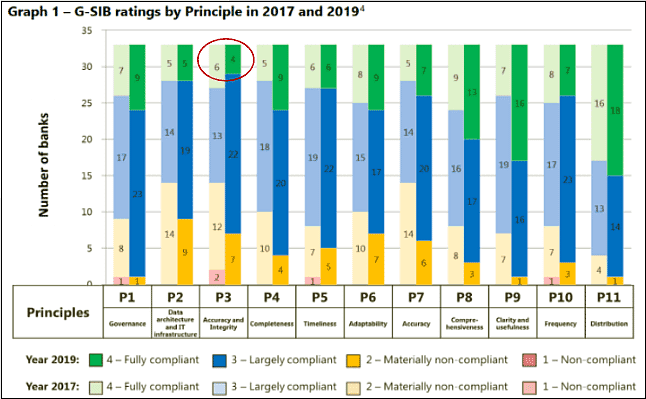AI News Bureau
26% of Indian Users Met AI Bots on Dating Apps — Says McAfee “Modern Love” Report
Similarly, 77% of Indians have come across fake profiles or AI-generated photos on dating platforms and social media.
Written by: CDO Magazine Bureau
Updated 4:05 PM UTC, Tue February 13, 2024

rawpixel
McAfee’s second annual “Modern Love” study on the role of AI in online dating reveals increasing concerns about growing catfishing and romance scams, with 77% of Indians coming across fake profiles or AI-generated photos on dating platforms and social media.
Additionally, 39% of them had online interactions with potential love interests that turned out to be created by scammers. An additional 26% reported engaging with an AI-generated bot rather than an authentic person during their online conversations.
The study surveyed 7,000 participants across seven countries, including India.
AI for writing V-Day love notes?
Despite these concerns, 56% of Indians express a willingness to leverage AI for writing Valentine’s Day messages. Their motivation stems from a reported 81% success rate in receiving more positive responses when employing AI-generated content compared to their original compositions.
While 65% of Indians admit to using AI tools, particularly ChatGPT, to create content for dating apps, there is a difference in sentiment when it comes to AI-generated messages. About 60% of respondents express potential hurt or offense if they were to discover that their Valentine’s Day message was crafted by AI.
However, 91% of respondents admit to having been contacted by strangers through social media or text messages, leading to regular interactions. Cybercriminals exploit this susceptibility, engaging in sophisticated attempts to deceive victims.
“The possibilities of AI are endless, and unfortunately, so are the perils. For people who are shy about starting conversations, short on time to craft the perfect message, or whose photos could be brightened, AI offers tools to help enjoy all the fun and excitement that comes with online dating,” said Steve Grobman, McAfee’s Chief Technology Officer.
As Valentine’s Day approaches, the study forewarns of a surge in Valentine-related scams, including malware campaigns (25% increase), malicious URLs (300% surge), and romance-themed spam and email scams (a staggering 400% rise). Vigilance is urged, and McAfee recommends utilizing their protective tools, such as Scam Protection, to detect and safeguard against emerging threats and scams.
The study offers practical advice to users, encouraging healthy skepticism, scrutinizing messages, conducting reverse-image searches on profile pictures, refraining from sharing personal information or sending money to unknown individuals, and seeking the input of trusted friends or family.
“We encourage people to balance romantic hope with healthy skepticism, to pause before sharing sensitive information online, and to ensure they use the right tools to protect their privacy, identity, and personal information,” added Grobman.


